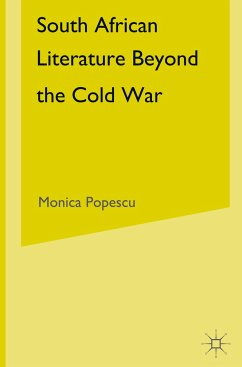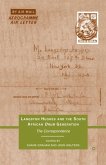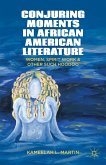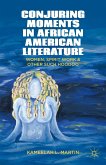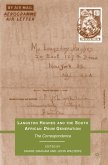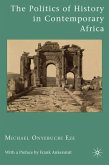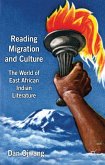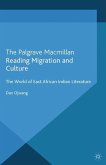Contemporary South African literature reflects a fascination with Russian and Eastern European stories of revolution and transformation as well as resistance to state oppression. In this groundbreaking book, Monica Popescu studies the formative role played by an imaginary and real Eastern Europe in literature written during and after apartheid. Reading the end of apartheid against the fall of the communist regimes in Eastern Europe, she rethinks the genealogy and aims of postcolonial studies in the context both of the Cold War and of the various forms of colonial domination and resistance in South Africa.
Winner of the 2012 Gustave O. Arlt Award in the Humanities!
'...groundbreaking study...What strikes one immediately, given Popescu's deft exploration of the psychological impact of Eastern European and Cold War politics and their position within the South African imaginary, is that no one has, given the abundance of literary examples that Popescu cites, made the connection before now -but such is also a testament to the quality and readability of Popescu's study.' -Laura Wright, Western Carolina University, Safundi: The Journal of South African and American Studies
'..illuminating and thoroughly engaging work of literary and cultural criticism...' -Modern Language Quarterly
'...groundbreaking study...What strikes one immediately, given Popescu's deft exploration of the psychological impact of Eastern European and Cold War politics and their position within the South African imaginary, is that no one has, given the abundance of literary examples that Popescu cites, made the connection before now -but such is also a testament to the quality and readability of Popescu's study.' -Laura Wright, Western Carolina University, Safundi: The Journal of South African and American Studies
'..illuminating and thoroughly engaging work of literary and cultural criticism...' -Modern Language Quarterly

